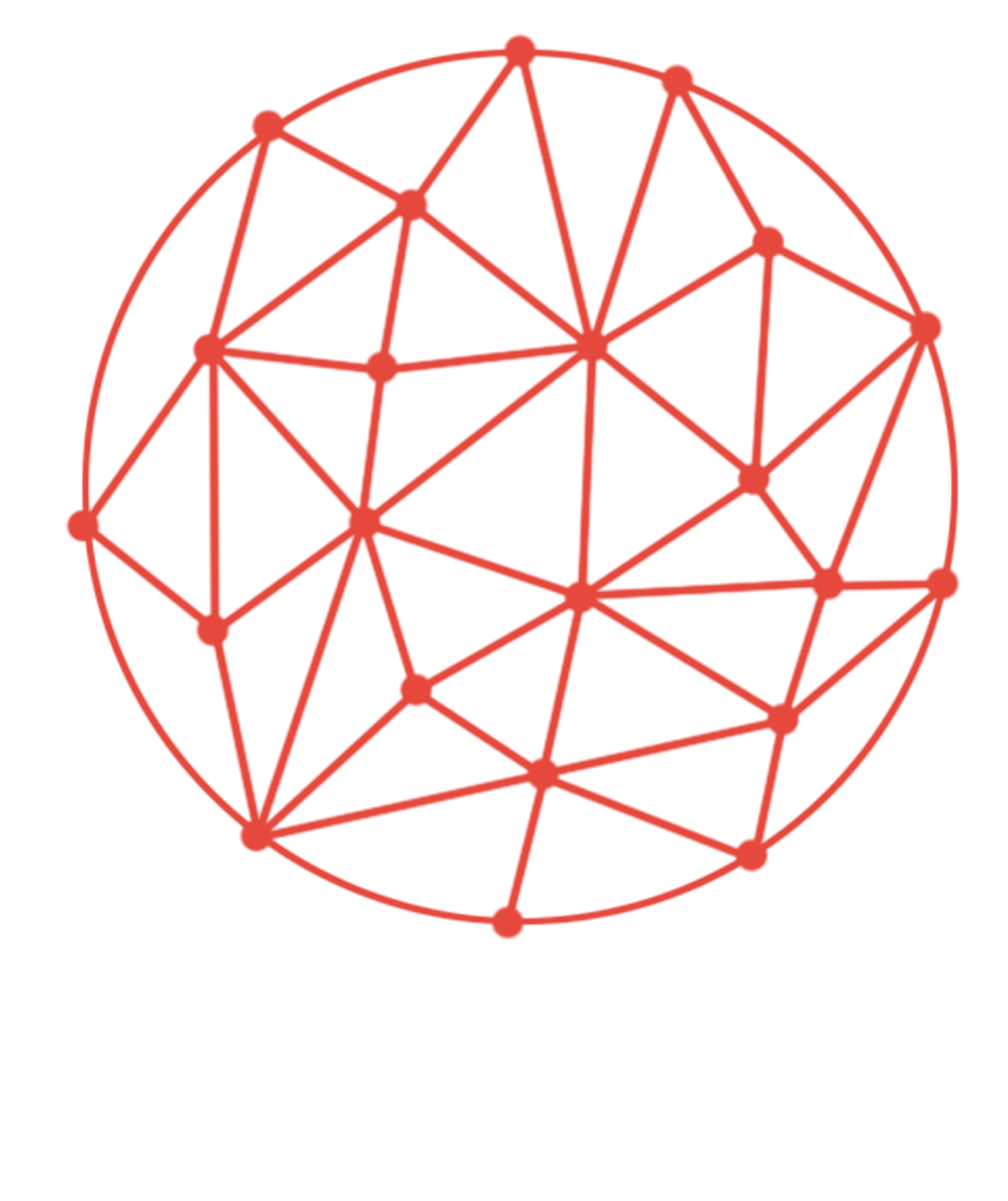Call for Papers
The 13th International ACM Conference on Web Science in 2021 (WebSci’21) is an interdisciplinary conference where a multitude of research disciplines converge with the purpose of creating a greater insight into a complex global Web than the sum of their individual parts. We invite participation from diverse fields including computer and information sciences, communication, economics, informatics, law, linguistics, philosophy, political science, psychology, and sociology.
Contributions may be analytical, conceptual, creative, critical, predictive, theoretical (or all of the above) and should aim, wherever possible, to cross traditional disciplinary boundaries. The conference provides a platform to a range of practitioners from Ph.D. students to experienced researchers and ideas ranging from early work through projects as well as final analysis and completed publishable work. We look to evaluate and value the impact of the Web Science approach, its current theoretical, methodological, and epistemological challenges as well as Web practices of individuals, collectives, institutions, and platforms.
Important Dates
Feb. 12, 2021 Feb. 19, 2021 Abstract submission deadline
Feb. 19, 2021 Feb. 26, 2021 Paper submission deadline
April 9, 2021 Notification
May 10, 2021 Camera-ready versions due
June 21-25 Conference dates
All submission deadlines are midnight in the Anywhere on Earth (AoE) time zone.
Building on our theme for 2021, we especially welcome contributions that:
● Have a broader perspective on the Web and that combine analyses of Web data and other types of data (e.g., from surveys or interviews) to better understand user behaviour (i.e., online and offline)
● Present successful cases of interdisciplinary and cross-disciplinary Web research
● Examine trends in globalisation, fragmentation, rejoining, and Balkanisation of the Web
● Examine automation and AI in all its manifestations relevant to the Web
● Interrogate questions of discrimination, representation, and fairness
● Bring lenses such as intersectionality or design justice to questions of marginalisation and inequality
● Consider the impact of COVID on technology adoption, risk perception and risk taking, rates of change, change management, digital health, and privacy
Methodologically, Web Science is a discipline that is agnostic to specific methods. We welcome quantitative, qualitative and mixed methods research, including methods from the social sciences and computer science. In addition, we welcome work that explores the ethics of Web-based data collection and research.
More broadly, possible topics for submissions include (but are not limited to) the following:
● Ethical challenges of technologies, data, algorithms, platforms, and people in the Web
● Modeling Web-related structures, data, users and behaviours
● Impact of AI and machine learning on the development of Web Science
● Detecting, preventing and predicting anomalies in Web data (e.g., fake content, spam, algorithmic and data biases)
● Data curation, Web archives and stewardship in Web Science
● Safeguarding and governance of the Web, including anonymity, security and trust
● Temporal and spatial dimensions of the Web as a repository of information
● The architecture and philosophy of the Web
● Social machines, crowd computing and collective intelligence
● Analysis and modeling of human vs. automatic behaviour (e.g., bots) and their influence on the structure of the Web and responding behaviour
● Health and well-being online
● Humanities, arts, and culture on the Web
● Critical analyses of the Web and Web technologies
● Web economics, social entrepreneurship, and innovation
● Analysis of online social and information networks
● Legal issues including rights and accountability for AI actors
● Inclusion, literacy and the digital divide
● Health, politics, and education on the Web
Format of the Submissions
Please upload your submissions via https://easychair.org/conferences/?conf=websci21.
The ACM Web Science Conference will run as an online conference, where authors will present their work remotely to online participants. There is one type of submission: All contributors will submit an abstract (max 400 words) followed by a full paper.
The authors shall adopt the current ACM SIG Conference proceedings template (acmart.cls). Please submit papers as PDF files using the ACM Submission template (single column). To create your PDF submission, you may use either Microsoft Word format or the ACM LaTeX template on Overleaf (ACM Conference Proceedings “Master” Template) using the “manuscript” option. A full description of the procedure can be found in this link (https://www.acm.org/publications/taps/word-template-workflow). For the review process, manuscripts should be of approx. 9-13 pages length single column (inclusive of references, appendices, etc.).
Please note that accepted papers will later be re-formatted with the sigconf style (double column) at camera-ready time. When changing to this style manuscripts may also need to be adjusted to the corresponding final page limit of between 6 and 10 pages (inclusive of references, appendices, etc.).
All contributions will be judged by the Program Committee upon rigorous peer review standards for quality and fit to the conference, by at least three referees. We will adopt a single-blind review process. Do not anonymise your submissions. Submissions without authorship information will be desk-rejected without review.
For authors who wish to opt-out of publication proceedings, this option will be made available upon acceptance. This will encourage the participation of researchers from the social sciences that prefer to publish their work as journal articles. All authors of accepted papers (including those who opt out of proceedings) are expected to present their work (virtually) at the conference. In 2020, the Web Science conference registration costs were kept low, and the intention is to continue this for Web Science 2021.
Programme Chairs
- Clare Hooper
- Matthew Weber
- Katrin Weller
